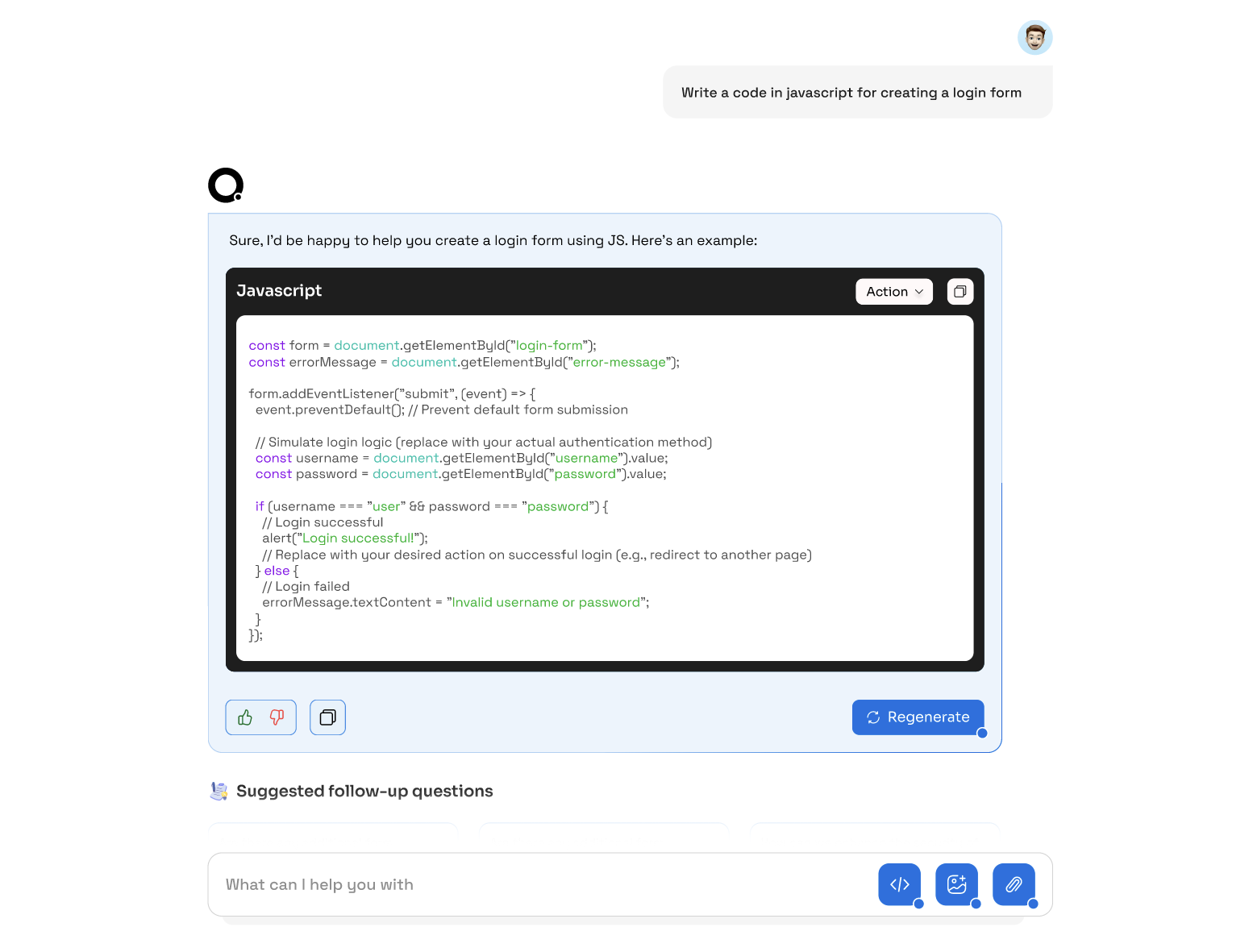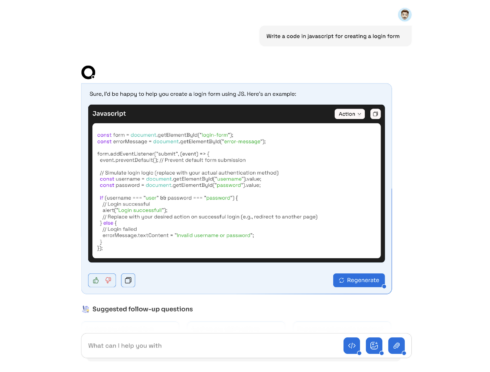QX Lab AI launches new multimodal generative AI platform


AI company QX Lab AI has announced the launch of Ask QX Pro, which is a multimodal generative AI platform, designed specifically for use in European regions.
It builds on the company’s existing platform, Ask QX, and adds multimodal capabilities such as text to image, image to text, document analysis, and text to code.
This enables it to generate images from text prompts, create a description of an image, or generate code from a text prompt. It also includes a code editing feature so that developers can edit the generated code, add to it, or fix any errors.
According to QX Lab AI, the model was trained on 665 billion parameters, or 20+ trillion tokens. It also supports over 120 languages, and is focused on the EU at the moment, so it includes languages such as English, Welsh, Scottish Gaelic, Irish (Gaelic), and Cornish. Though designed for that region, it is also available globally.
“We believe that Europe is a crucial market for any technology company like ours, especially given the large number of tech-savvy populations ready to embrace Generative AI for personal and professional use,” said Arjun Prasad, co-founder and chief strategy officer of QX Lab AI. “We recognize the importance of strategic partnerships to grow our platform and reach users across every corner of the continent. With this approach, we aim to replicate the success of Ask QX in the remotest parts of the continent. By focusing on local needs and preferences, we are confident that Ask QX PRO will become an indispensable platform for users throughout the region.”
In terms of security and privacy, it utilizes local storage of user data in order to ensure compliance with local laws. The company is also working with infrastructure parts to ensure that data is safeguarded to the levels required by the UK and EU.
Other data protection measures include encryption of data at rest and in transit, continuous monitoring of systems to detect threats, and regular security audits to catch and address vulnerabilities.
Like OpenAI’s GPT-4 and Google’s Gemini, it is a foundational model, which means it is trained on a broad set of data. This allows it to be useful for a wide range of industries, from healthcare to education to legal services.
It is also a hybrid model; in other words, it is 30% large language model (LLM) and 70% neural network architecture.
The platform is free initially, and the company will introduce a premium pricing model in June.



